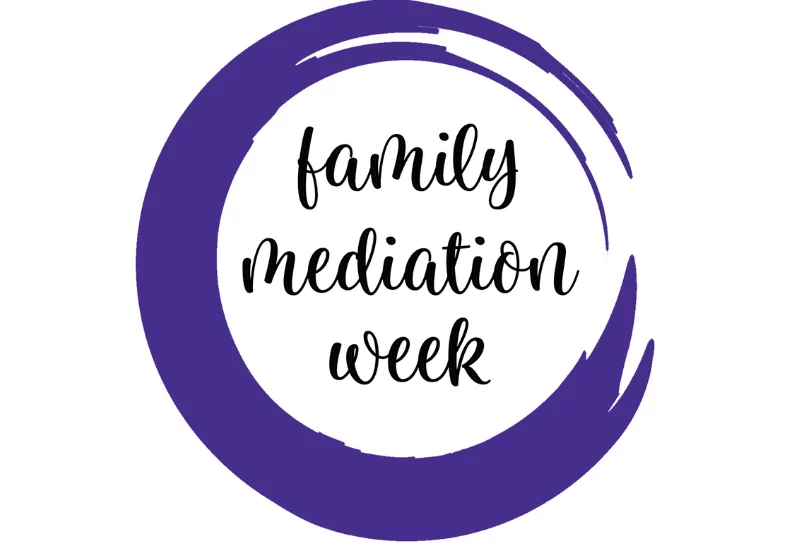Sharenting – can I post about my child online following separation?

Sharenting is a combination of ‘sharing’ and ‘parenting’. It is a term that is used to describe the practice of parents excessively publishing information about their child online. This can be photos or general information/stories. Some parents are quite happy for information to be shared but others do not like it, which can lead to difficulties.
What can I legally post about my child?
There is no hard and fast rule as to what you can post online about your child, providing it is not inappropriate and in breach of the platform’s rules. This means a parent is free to post photos or information relating to their child’s first day back at school, birthday parties or a family holiday. However, just because it is not illegal to post such things, parents may have differing views on what is acceptable.
How can I stop my ex-partner posting about my child online?
If you are already within Children Act proceedings, this could be a recital that is included within your order, subject to the judge’s agreement. Depending on what is being shared online about your child or the volume of information shared, a judge may take quite a firm view on this.
If you are not within court proceedings, attempts should be made to try and agree what each of you feel comfortable posting. This can be hard if you are already having difficulties co-parenting. It may be that you can engage in mediation with the other parent and agree some boundaries. For example, blurring out any identification of a child’s school on their school uniform and agreeing to not post photos of the child in swimwear when uploading holiday photos. There is a balance that could be struck between parents, and this should be considered in the first instance.
If you cannot reach an agreement with the other parent, then depending on the circumstances and the content of the posts, you may wish to consider a prohibited steps order. The judge would consider whether there are any safeguarding issues and whether the ‘sharing’ is detrimental to the child. Any subsequent order could then prevent the parent from posting information about the child in the future.
You should seek legal advice before proceeding with an application for a prohibited steps order.
Parental responsibility vs a child’s right to privacy
If a parent has parental responsibility for a child, then they can make important decisions for the child on their behalf until they are 16. There is speculation as to whether a parent should seek a child’s permission before posting information about them online, if they are old enough to understand and give consent.
Again, there is no rule book on how old the child must be before they can give their permission. Ultimately, this will depend on the maturity of the child and it is up to the discretion of the parent.
If you are currently having difficulties with sharenting, this may be something that our dedicated family team could help with. Contact us on 0800 280 421 or get in touch here.















